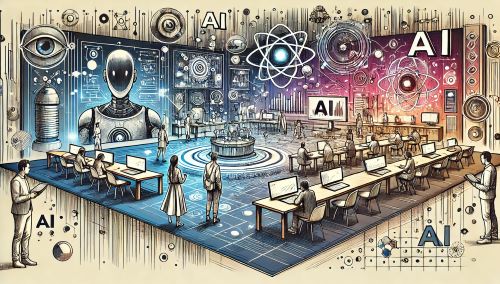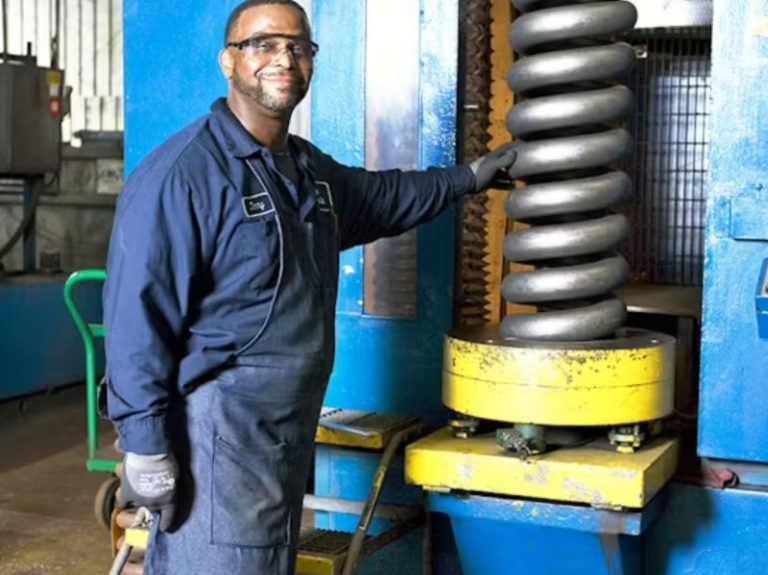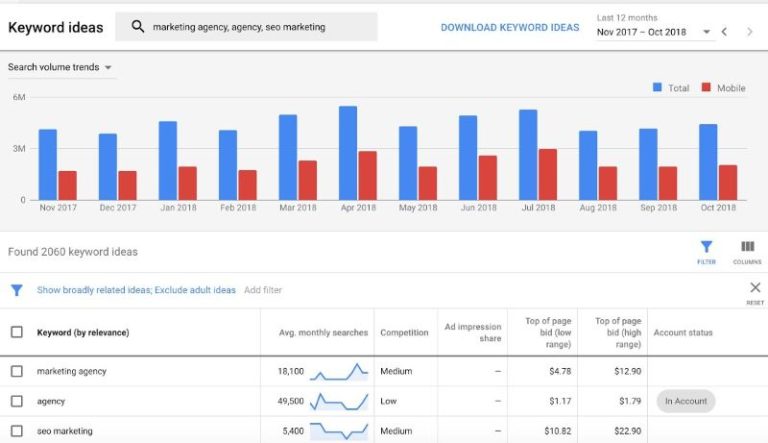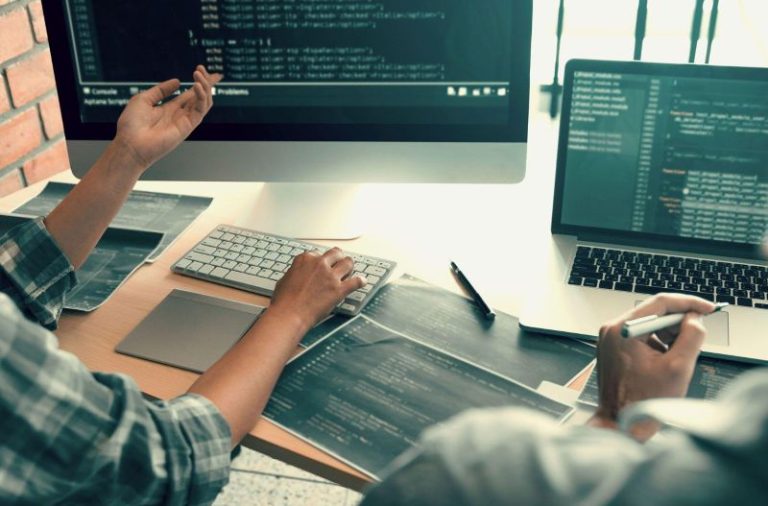

America is facing an epidemic of loneliness. According to Vox, Gallup polls show that 37% of American adults would describe themselves as lonely. A social phenomenon that nevertheless has pronounced health effects, ranging from stress and anxiety through to vascular conditions, there’s a lot more to loneliness than simply the surface social condition. Of late, artificial intelligence (AI) has led the charge in helping to curb this. The benefits of AI are starting to become apparent, from enhancing productivity – and therefore creativity – through to tackling fake news. Yet, for an AI to be a companion is uncharted territory; can it have a positive impact on creativity?
AI and romance
The big ticket AI companion subject of the day is the AI girlfriend. With roots back in 2010, these services are now in their dozens, with AI-augmented partners around since roughly 2017. AI partners are now quite advanced. As the BBC notes, many offer services ranging from simple chats all the way through to personalised images and, in some cases, voice enabled telephone calls. In short, development has been rapid, and with interest surging, the data sets available to enhance the quality of these services become broader every day. Yet, some analysts have suggested that the use of these partners could heighten, rather than reduce, loneliness. While no studies have yet been established to outline this connection, it’s worth considering what AI partners cannot do, and how that might impact on the end user.
Is AI effective?
In the short-term, AI models can definitely alleviate loneliness. By providing an immediate social connection and the release of hormones that concentrate on that area, they can provide that push towards non-isolation that users are looking for. In the long term, this connection is not quite as clear. According to a Guardian discussion, in which analysts contributed their view, it was noted that social isolation is not just about conversations – but about physical and moral support at all other times, too. As AI requires proactivity from the user, this isn’t necessarily established. That being said, one opposing view in their review suggests that practicing social skills with AI can then lead users to reach out and deploy them in the ‘real’ world.
What about creativity?
Loneliness is a driver of stress, anxiety, and depression. There are noted cognitive effects associated with isolation, and these can drive down the capability of an individual to express their creativity. This is not a blanket statement, of course; many of the greatest thinkers and artists were influenced by their mental health. However, as Psychology Today notes, basic human interactions on the day-to-day can help to alleviate these impacts – and something as simple as checking in, and talking about the day, can have positive effects. In that way, an AI companion, or even just a friend, could be an effective way to help spark creativity. Having regular conversations, and bouncing the mundane thoughts of the day-to-day into a companion, even a digital one, can help to clear up invaluable space for deeper thought.


